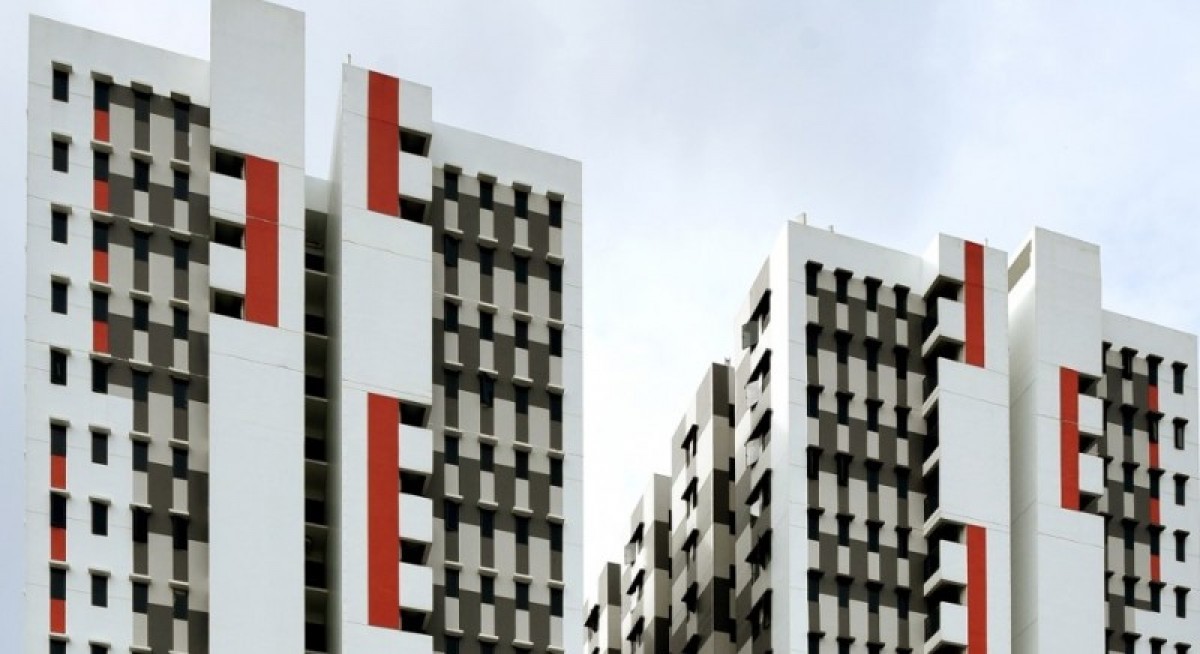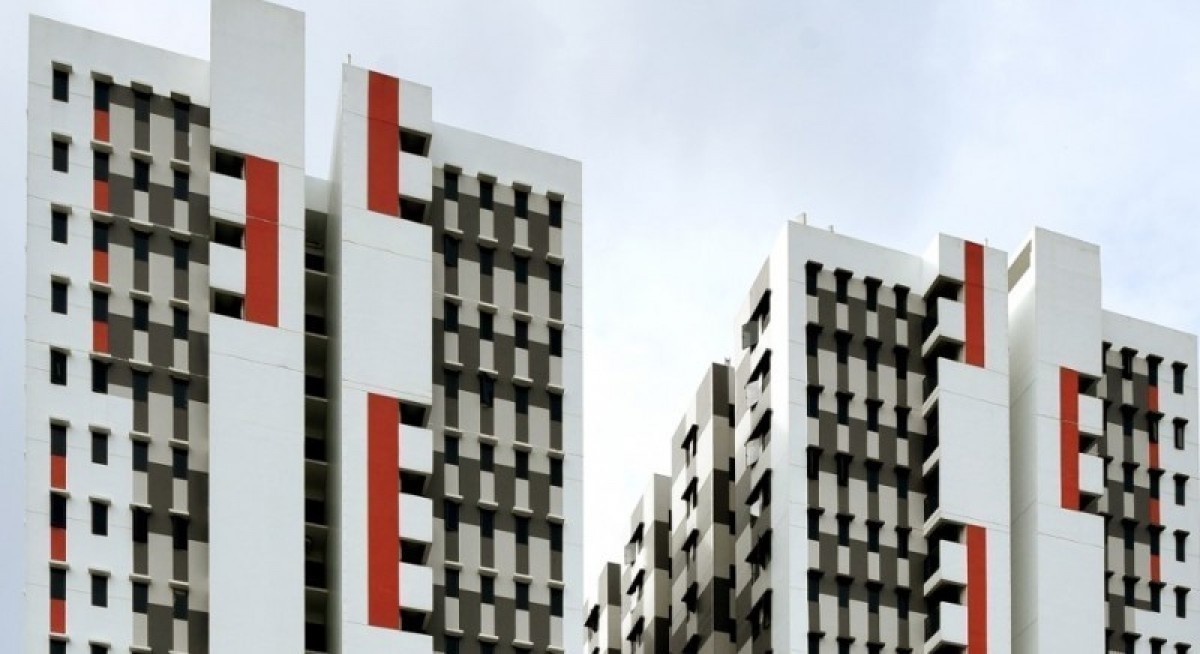Ou8 completed its reverse acquisition exercise and shifted its focus entirely to the specialised accommodation business, the Covid-19 pandemic hit and affected industries worldwide. Businesses and travel globally were impacted, and all but essential works were brought to a standstill.
Centurion found itself having to step up operational processes, placing priority on the well-being of residents at their purpose-built worker accommodations (PBWA) and purpose-built student accommodations (PBSA). Centurion, which operates 17 PBWAs across Singapore and Malaysia and 15 PBSAs in Australia, the UK and the US, worked hand-in-hand with respective government authorities to manage the properties under its care and minimise the spread of Covid-19.
See also: PropNex soars, capturing greater market share amid challenging real estate climate
See also: Shaping the future of sustainable mobility
As the world embraced a “new normal”, Centurion’s worker dormitory clients began hiring more foreign workers, while student interest in studying abroad returned, and programmes resumed at full capacity. The group reported a revenue of $207.3 million for the FY2023 ended Dec 31, a 15% y-o-y increase from $180.5 million in FY2022. The company’s core business net profit also rose 20% y-o-y to $76.3 million on the back of an increase in occupancy and positive rental rate reversions across countries it operates in. Centurion’s largest revenue contributor, which is its PBWA segment, accounted for 76% of the company’s total revenue in FY2023, and revenue from PBWA increased 16% y-o-y to reach $156.7 million in that year, while occupancy rates averaged 98%. Eventually, as the demand for face-to-face and on-campus interactions returned, Centurion saw a surge in demand for its PBSAs again. Among the countries it has PBSAs in, demand for student accommodation in the UK sprung back with a force — a factor that Kong attributes also to geopolitical tensions between US and China which may have driven more Chinese students to the UK. “Because this is a special asset class, for student accommodation and workers’ accommodation, the rent reversions are quite good,” says Kong. Over the period from 2021 to 2023, the company’s revenue has grown steadily at a CAGR of 13%, reflecting a strong y-o-y performance despite the Covid-19 pandemic. As governments and employers in countries with large migrant worker populations recognised PBWAs to be the better solution for pandemic management and worker wellbeing, Centurion’s business saw a boost. But Singapore became an outlier for the business. The demand for construction that was put on hold for the entirety of the pandemic drove significant growth in migrant worker numbers, and correspondingly a spike in demand for approved worker dormitory beds.
Despite the robust demand and strong earnings in the last few quarters, Kong — who was once the company’s financial director — has always been strategic about balancing the group’s financial position and scaling the business. Kong was careful to not over-leverage or rely heavily on debt to expand. Therefore, the group pivoted from a traditionally asset-heavy PBWA business to an asset-light model to scale quickly and improve efficiency. Centurion has used asset-light methods to grow its assets under management (AUM) over the past few years. For example, it has joint ventures in Singapore and Hong Kong, China; private funds in the US and the UK; and recycled assets and capital, such as the sale-and-leaseback deal with Malaysia’s pension fund, Kumpulan Wang Persaraan (KWAP) last December. “We will continue to explore more opportunities to grow our AUM through asset-light means, especially with rising institutional interest in the worker accommodation asset class,” says Kong. The future is bright
The specialised accommodation business has shown strong resilience over the past few years and presents multiple growth opportunities going forward across the three segments for Centurion. The PBWA segment is garnering increasing interest from institutional investors and pension funds post Covid-19 and therefore, presents asset-light growth opportunities. Similarly, the PBSA segment has shown strong resilience with continued recovery of student applications, higher student influx, and strong rental reversions after the pandemic. Finally, Centurion’s third segment of residential rental accommodation is emerging and fast growing in key cities around the world. Centurion is well poised to tap into these extensive growth opportunities with a strong growth pipeline in Singapore, Malaysia, Australia, and Hong Kong, China through a combination of asset enhancement initiatives (AEIs) and asset acquisitions. In Singapore, Westlite Ubi is set to add about 1,650 beds by end-2024. Meanwhile, Westlite Toh Guan and Westlite Mandai will add about 1,764 and 3,696 beds respectively by end-2026. Malaysia will see the addition of about 920 beds by 4Q2024 and about 1,740 beds by 2025, with the evaluation of new developments of 7,000 beds in Johor. In Australia, the group expects to add about 600 beds to its PBSA in Melbourne. Moreover, the recent joint venture to enter China marks its maiden foray into the built-to-rent accommodation segment. Centurion faces an exciting road ahead, filled with promising organic growth opportunities. These prospects may be further enhanced by potential interest rate cuts from the US Federal Reserve, which could lead to more affordable financing options.










